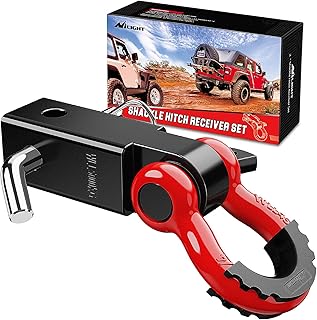Changes made by the NSW Government to tow truck industry regulations have not effectively addressed the challenges faced by the heavy vehicle sector. Despite intentions to streamline processes and enhance consumer protections, the reforms have fallen short of delivering the necessary efficiencies and fairness. The focus must shift towards substantive statutory changes rather than superficial adjustments to regulations.
One of the key issues lies in the broad scope of licensing requirements, impacting not just accident towing operators but also other heavy vehicle operators. NatRoad has highlighted the need for a more targeted approach, concentrating on regulating the accident and breakdown sector to align with practices in other jurisdictions. The current definition of ‘tow truck’ remains overly inclusive, encompassing various vehicle types used in daily operations.
While some progress has been made in clarifying certain exemptions, such as excluding car carriers from the definition of tow trucks, further refinements are necessary to address industry concerns. The regulations outline specific scenarios where individuals may be exempt from obtaining a tow truck operator license or driver certificate, including situations involving the transportation of recreational vehicles and certain motor vehicles.
NatRoad continues to advocate for a tailored regulatory framework for the accident and recovery sector, emphasizing the need for a more nuanced approach to licensing requirements. In the interim, members are advised to be mindful of potential licensing obligations, even if their operations do not directly involve tow truck services. Seeking guidance from NatRoad’s Member Services Team can provide clarity on compliance matters and licensing queries.
As the industry grapples with evolving regulatory landscapes, ensuring alignment with legislative changes remains paramount for operators to navigate compliance challenges effectively. NatRoad’s ongoing efforts to engage with policymakers and drive industry-specific reforms underscore the importance of tailored regulatory frameworks that balance operational requirements with regulatory compliance.
By fostering dialogue between industry stakeholders and regulatory authorities, opportunities emerge to fine-tune existing regulations and address industry-specific concerns. The push for regulatory clarity and streamlined compliance processes reflects a broader commitment to enhancing operational efficiencies and promoting a fair and sustainable operating environment for heavy vehicle operators.
As the regulatory landscape continues to evolve, proactive engagement with industry associations such as NatRoad can offer valuable insights and guidance on navigating compliance requirements and adapting to regulatory changes. By staying informed and actively participating in shaping regulatory frameworks, operators can position themselves for long-term success in a dynamic and evolving industry landscape.
📰 Related Articles
- Pet Food Industry in Australia Faces Calls for Stricter Regulations
- NSW Greyhound Industry Summit Maps Sustainable Future Path
- Mica Paris Advocates for Black Musicians in UK Music Industry
- Maflex Advocates Sustainable Recycling Solutions in Tissue Converting Industry
- Janus Electric Debuts on ASX, Revolutionizing Electric Truck Industry






